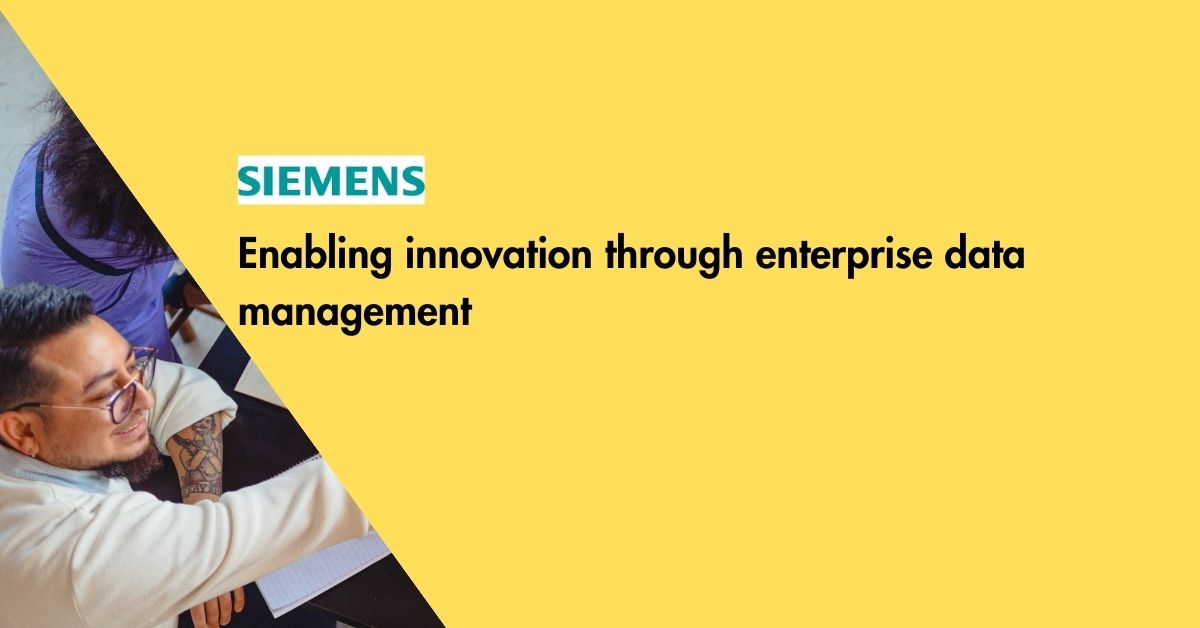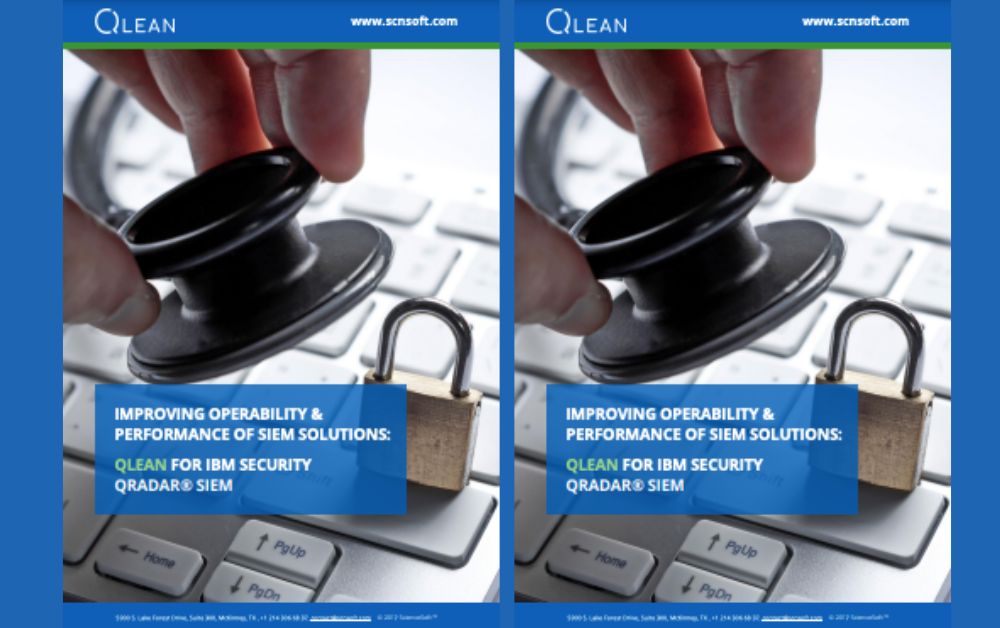To maximize their investments in innovation, companies need to better synchronize information, knowledge, and processes among all disciplines as well as across organizational and geographic boundaries. Given the diversity of information requirements and data management tools currently in use, it is challenging to transition from one stage of the product lifecycle to the next without losing sight of design intent or maintaining data integrity.To compound the problem, application data models grow more complex with each advance in business systems supporting engineering, manufacturing and service activities.
Only by managing product-related data at the enterprise level can companies address these issues, establish consistency across disciplines and maintain data integrity throughout the product lifecycle. Enterprise data management enables companies to reconcile disparate views within and outside the enterprise. By establishing a common data model and merging information from a variety of sources in a unified, secure data management environment, companies are better able to manage their process of innovation, collaborate across disciplines and leverage proven processes and data for continuous improvement.
In a survey of several large Fortune 500 companies, Forrester Research found that most enterprises
claimed cost savings of 25 percent or more through a centralized data management solution. At one
large company, a major standardization initiative achieved ROI of more than 150 percent in a five-year
period. Another global giant reported $20 billion in cost savings over a three-year period. [DBMS
platform standardization can lower costs and improve efficiency, Forrester Report, May 27, 2005]





